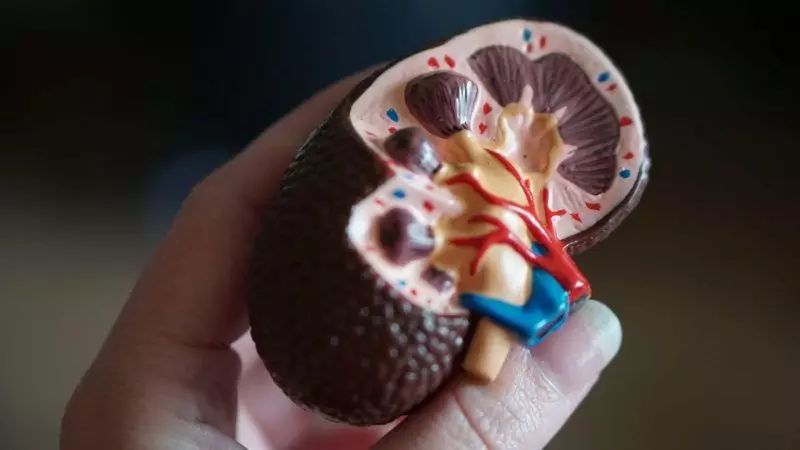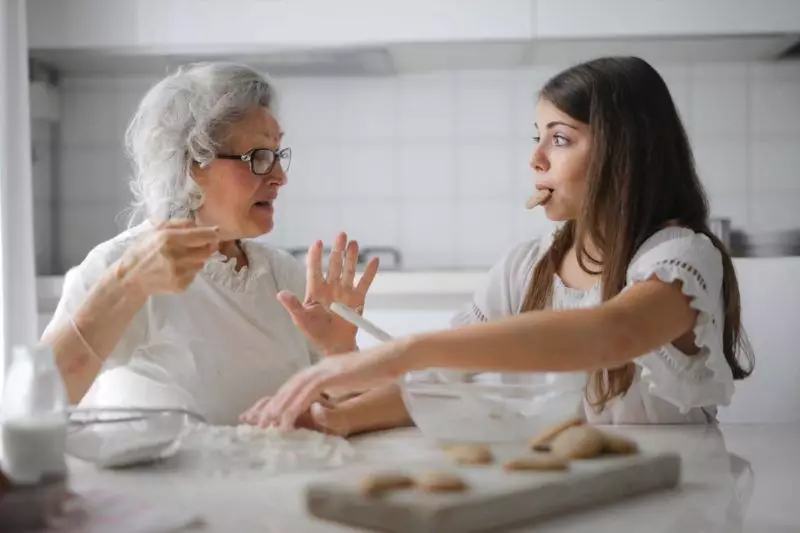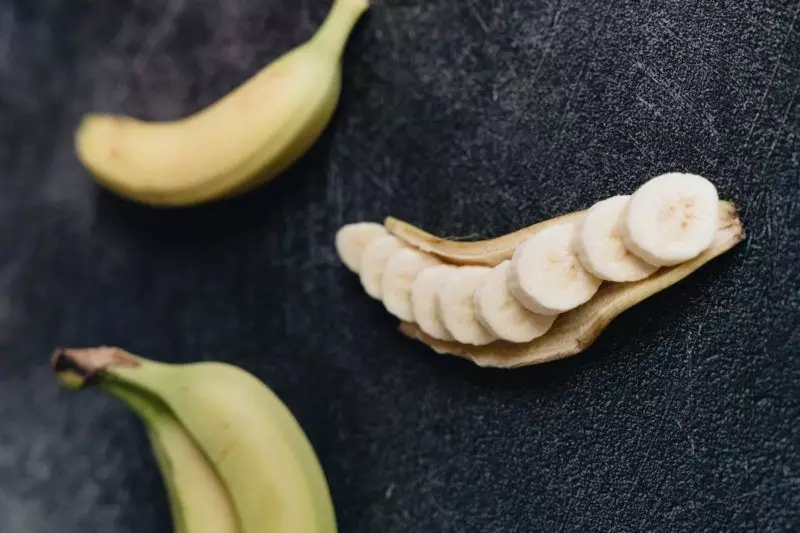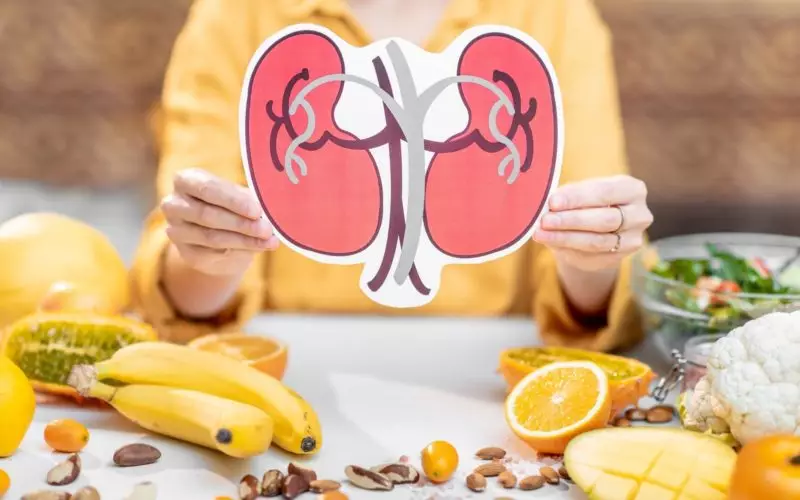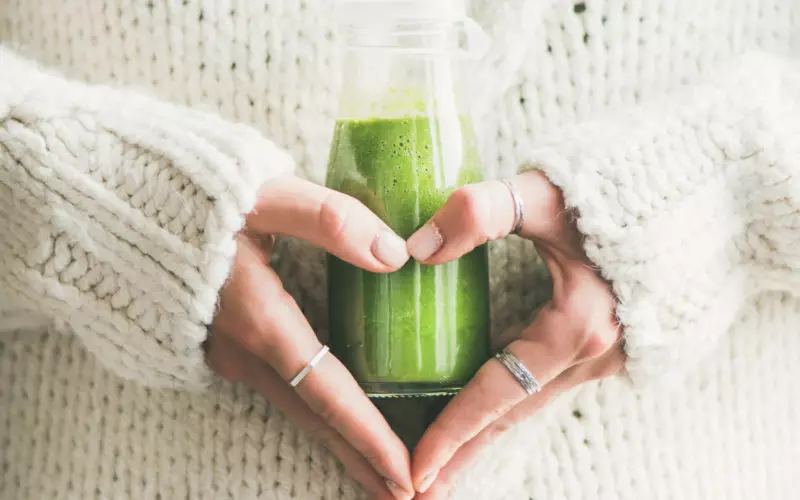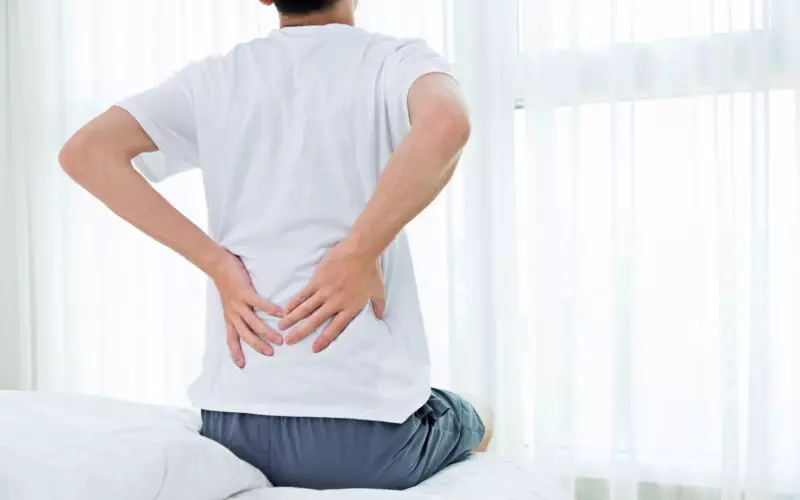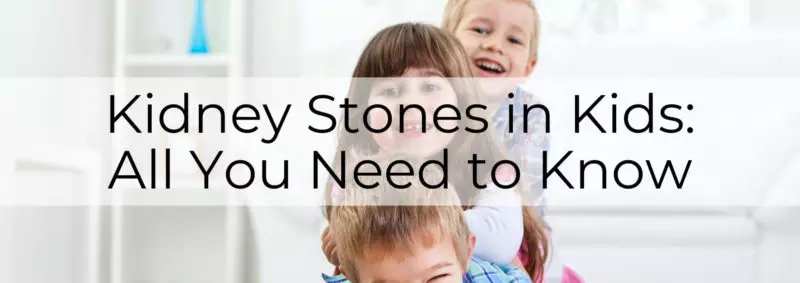
Although kidney stones are not as common in kids as they are in adults, kids can get kidney stones. Read on to learn more about kidney stones in kids.
What Is a Kidney Stone?
What is a kidney stone in the first place? A kidney stone is made when molecules in urine get concentrated enough to bind and make a hard substance – a kidney stone.
The most common molecules that bind to make kidney stones are calcium and oxalate. Calcium oxalate kidney stones are most common in both kids and adults. Phosphate, uric acid, cystine and struvite can also make kidney stones.
How Common Are Kidney Stones in Kids?
Kidney stones are less common in kids than adults. Although data is limited, it is estimated that about 5 -19 out of 100,000 kids will get kidney stones.[1] This is much less than adults. About 102 in 100,000 adults will get kidney stones. [2]
The prevalence of kidney stones in both kids and adults is increasing. [1]
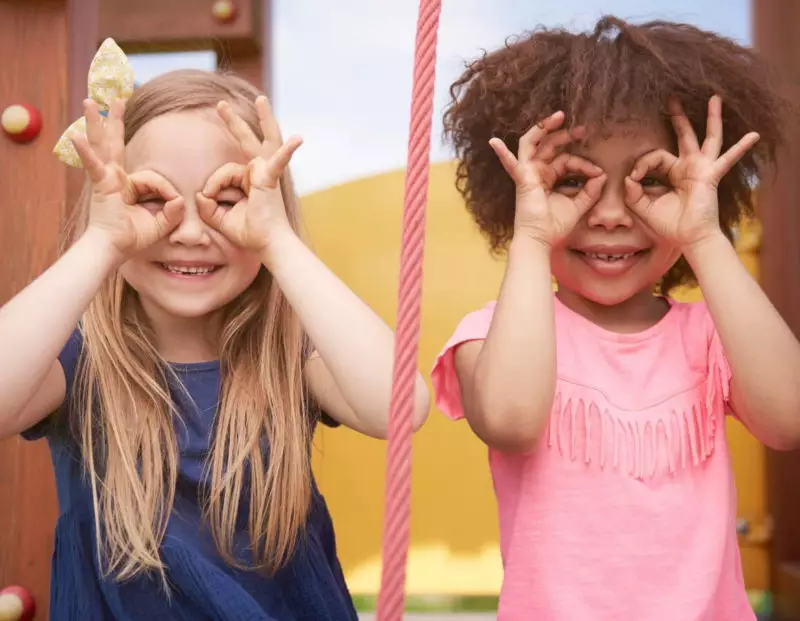
What Kids Are At Risk For Kidney Stones?
Gender
In adults, kidney stones are more common in men. But in kids, kidney stones are about 50% more likely in girls. [3]
Race
Kidney stones are more common in people who are non-hispanic white, compared to both people who are black or Hispanic. [1]
This is true in both kids and adults.
Age
Older kids are more likely to have kidney stones compared to younger kids. Kids aged 14-18 years have a 10x greater risk of kidney stones compared to kids aged 0-13 years. [1]
The risk of kidney stones continues to go up as kids transition to adulthood.
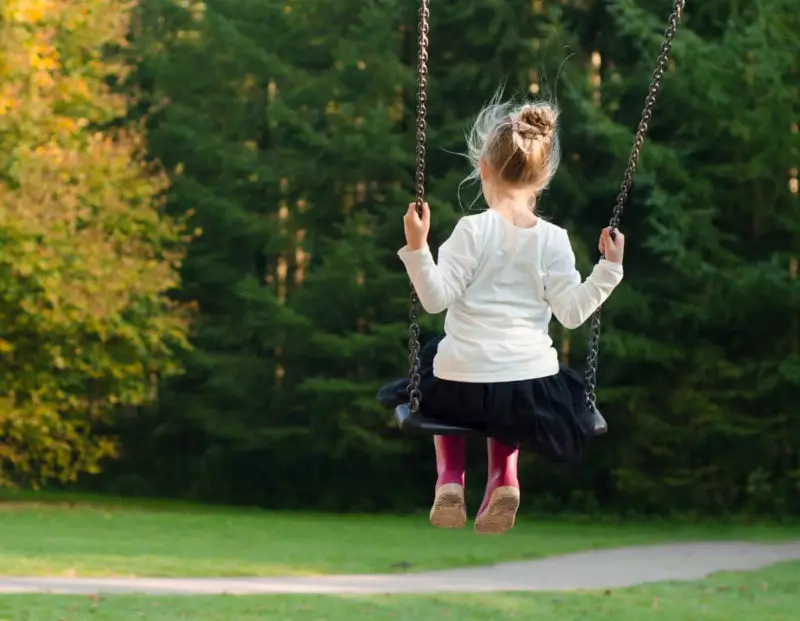
Symptoms of Kidney Stones in Kids
The symptoms of kidney stones in kids are the same as adults. The more common symptoms of kidney stones are: [4]
- Severe back pain
- Blood in urine
- Painful urination
- Cloudy urine
- Nausea or vomiting
- Fever or chills (especially with kidney stone infection)
Are Kidney Stones Hereditary?
In some cases, kidney stones in kids are hereditary. Some rare hereditary conditions like Dent’s disease, primary hyperoxaluria, medullary sponge kidney or cystinuria can be the primary cause of kidney stones in kids.
However, not all kidney stones are hereditary. It is unclear the exact role that genetics play in most people with kidney stones.
Most likely, genetics play a role in making you more susceptible to kidney stones. But, environmental factors like diet, hydration and metabolic risk further increase stone risk. These factors can tip you over the edge and cause a kidney stone if you are susceptible.
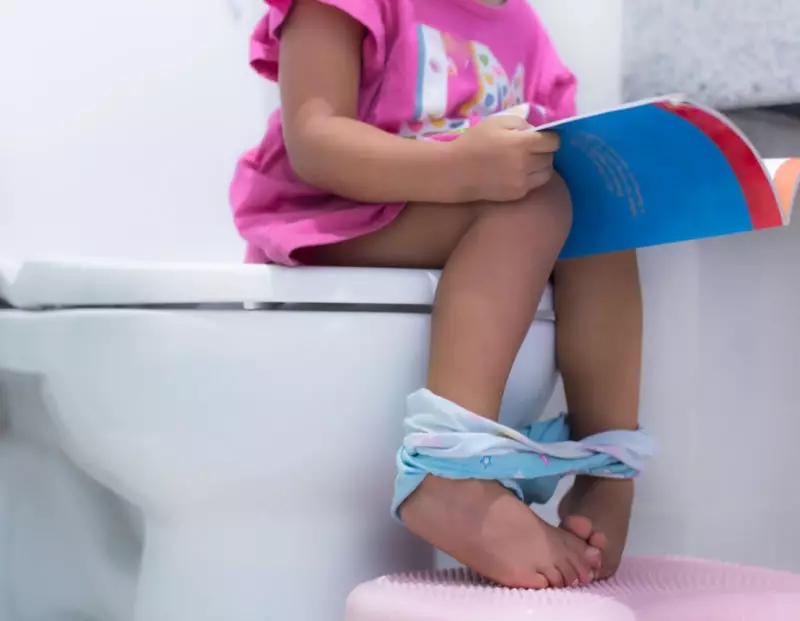
Causes of Kidney Stones in Kids
Just like adults, there are many possible causes of kidney stones in kids. In general, it is believed that the cause of most kidney stones in kids is similar to adults. [5]
Here are some possible causes of kidney stones in kids to consider.
Poor Diet
Just like adults, following a diet that is high in sodium, animal protein and lacks fruits, vegetables and calcium can cause kidney stones. [6]
Dehydration
A key to kidney stone prevention is drinking plenty of water. If you are dehydrated, your urine becomes more concentrated, which makes kidney stones more likely.
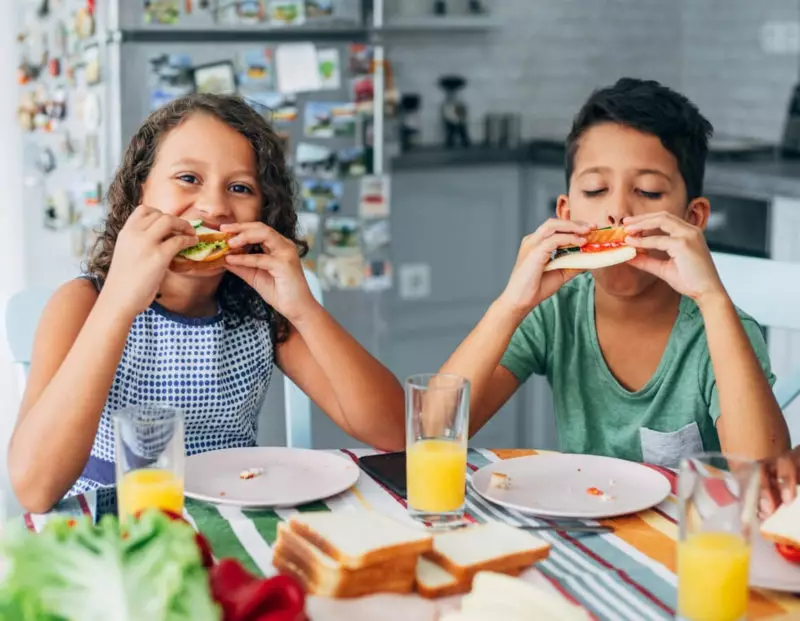
Keto Diets for Epilepsy
A strict ketogenic diet is sometimes prescribed for children who suffer from epilepsy that does not get better after other medical treatments. Kidney stones are a known side effect of keto diets, especially in kids. [7]
A medication called potassium citrate is sometimes given to children who need a ketogenic diet to help prevent kidney stones.
Immobility
Bodies are made to move! When kids (or adults) are unable to move for a long period of time due to injury, recovery or altered mental state, a condition called hypercalciuria can develop. [8]
Kids who are very sick who require hospitalization, or who are unable to move for other reasons, may be at a higher risk of kidney stones due to hypercalciuria.
Genetic Conditions
As mentioned earlier, kids can get kidney stones from multiple hereditary conditions including Dent’s disease, cystinuria and primary hyperoxaluria.
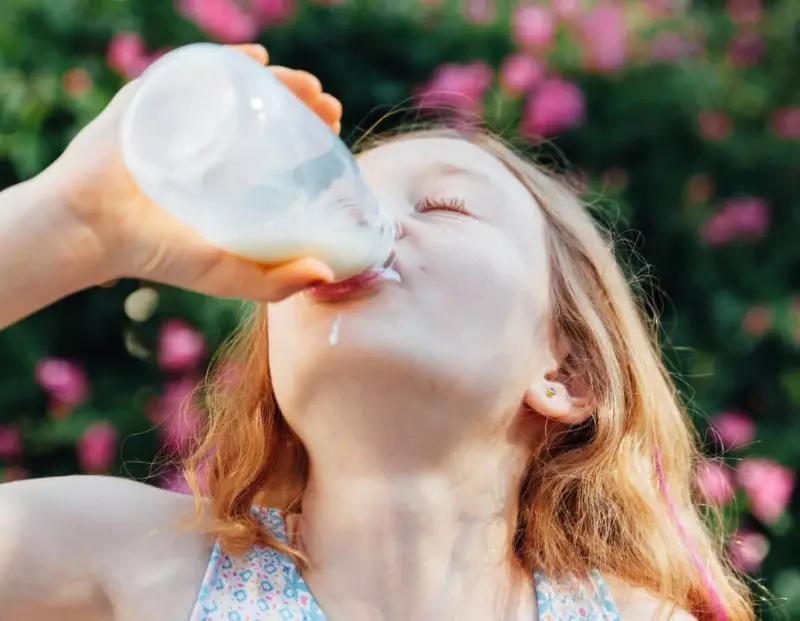
How to Prevent Kidney Stones in Kids
The prevention of kidney stones in kids depends on the cause of kidney stones. If kidney stones were caused by a medical condition, treatment will likely focus on treating that condition.
If kidney stones were caused by poor diet, treatment will likely include some nutrition recommendations. Some recommendations your doctor or dietitian might make to help prevent kidney stones are:
- Drink more water
- Reduce sugary drinks like soda, punch and juice
- Add more dairy or calcium-rich foods
- Stay away from foods high in sodium

